During the Iran-Iraq war, from 1980 to 1988, thousands of Baha'is went to the front alongside their compatriots. Dozens of them were killed, wounded or captured. The Islamic Republic is reluctant to name them alongside other victims of the conflict – the ones were were killed are officially termed “martyrs” of the war.
A continuing series of IranWire articles looks at the Baha’is who died as a part of this conflict. If you know any Baha’is who were killed during the Iran-Iraq war, and have a first-hand account of their lives, please contact us.
12 July, 1988, was a disastrous day for Iranian forces in their eight-year war with Iraq. In the battle that started on that day, and continued until 16 July, Iraqi forces attacked military forces and civilians in the Dehloran in Ilam province, 40 kilometers from the Iraqi border, by land and air, taking 2,500 Iranian soldiers captive and killing thousands of soldiers, men, women and children.
One of the martyrs of the battle was Farhad Abdi, the 24-year-old Baha’i soldier whose body was found a few months later and was turned over to his family. The Martyrs Foundation, however, refused to register his name as a martyr because of his faith.
The Iraqi attack started at 4am on 12 July with a chemical weapon attack on Dehloran. The scale of firepower unleashed by Iraq’s forces and especially the use of chemical weapons, some of which was aimed at poising rivers and water sources, combined with unprecedented heat, made it extremely difficult for Iranian defenders to fight back. The Iranian forces were also short of supplies, equipment and ammunition. Dehloran fell to the Iraqi assault in less than 24 hours.
A few days after the battle, on 18 July, Iran accepted United Nations Security Council Resolution 598 calling for an immediate ceasefire.
A week later, Iranian forces were dispatched to the Dehloran area to find soldiers who had been killed in action. Corpses were strewn across the ground, turned black because of the extreme heat. Many of the remains were found outside the battlefield area, in valleys, on mountain slopes and in caves. They had died of thirst and heat. And because of the heat, some of the soldiers had taken off their uniforms; as a result, they had no identification. Determining the identities of these bodies took months.
One of these soldiers was 24-year-old Farhad Abdi. The body of this Baha’i soldier was turned over to his family a few months after he was killed but, contrary to its own charter, which forbids discrimination based on beliefs, the Martyrs’ Foundation refused to register his family as the family of a war martyr because of their Baha’i faith. The Foundation even went further and, instead of consoling the family for the loss of their loved one, ridiculed and insulted their faith.
Who Was Farhad Abdi?
Farhad Abdi was born in 1964 to a Baha’i family in the village of Qezeljeh Kand in Qorveh county, Kurdistan province. Joblessness and poverty forced the Abdi family to migrate to the city of Hamadan. But their financial problems continued and, after several years, they left Hamadan for Tehran in 1980 in search of a better life. The family soon moved again, this time to the nearby city of Karaj, because of the high cost of living in Tehran.
Farhad finished the fifth grade of primary school in Hamadan. He then dropped out of school and worked at Hamadan’s bazaar to help his father in providing for the family. From that time on, he continued to work with his father as they moved from town to town in search of an ever-elusive sense of financial security.
Farhad believed that he should work as hard as he could to help his family overcome financial hardship. But the war with Iraq had worsened unemployment and employers were not allowed to hire potential conscripts. Poverty forced Farhad into military service. “Now that I have no job and no income, I will go into military service so that afterwards I can find a job, and we can save ourselves from this difficult financial situation,” he told his family.
Military Service and Martyrdom
Farhad Abdi began military service in 1986. He was trained at Lavizan Army Base in Tehran and was deployed to the front. He served 22 months on the fronts in western and southern Iran and was killed just two months before he was to be discharged.
On 12 July, 1988, at the assault on Dehloran, Farhad was the wireless operator for his unit. According to a close friend, who was serving with him, their trench was hit by an Iraqi shell. The friend ran out of the trench and after some distance looked back but saw no sign of Farhad. He says that the Iraqi artillery barrage was so heavy that he could not turn back and had to run out of range to save his life.
Farhad was never seen again. He was 24 years old when he was killed in action.
Farhad's status was listed as missing in action for six months after the battle. His brothers went twice to the site of the battle to try to find him. They searched everywhere, including the morgues in Dehloran, Ahvaz and Andimeshk, and talked to tens of soldiers and officials, but could not find him. The Abdi family was finally informed that a body had been found that might be their son. The family went and identified the body.
Farhad had lost an arm and a leg and both his eyes had been burnt out. When the authorities learned that he was a Baha’i, they turned over his body to his family, rather than making the same arrangements as for Muslim casualties of war. This young soldier, who had sacrificed his life to defend his country, was buried in Tehran’s Khavaran Cemetery in an area set apart for the remains of Baha’is. Iran’s authorities insisted on this because, according to them, Baha’is are “unclean” and cannot be buried in the same place as Muslims.
visit the accountability section
In this section of Iran Wire, you can contact the officials and launch your campaign for various problems




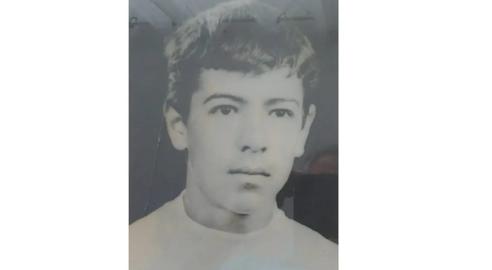
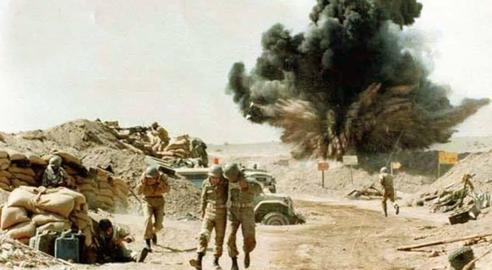

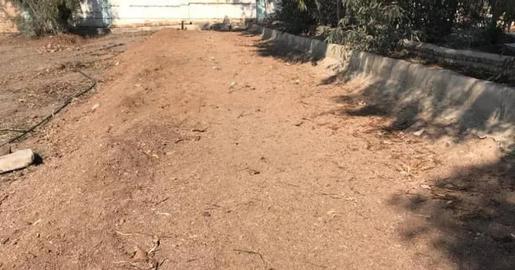
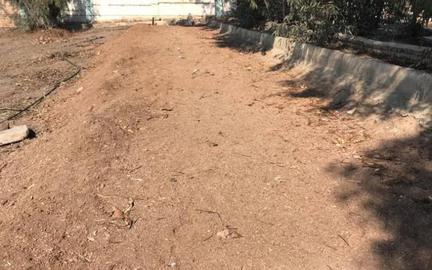

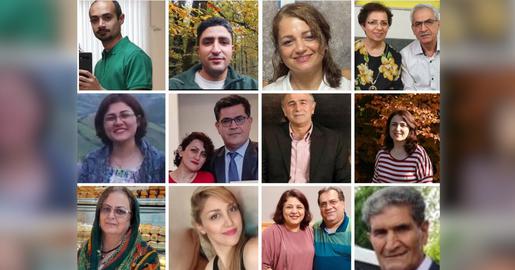
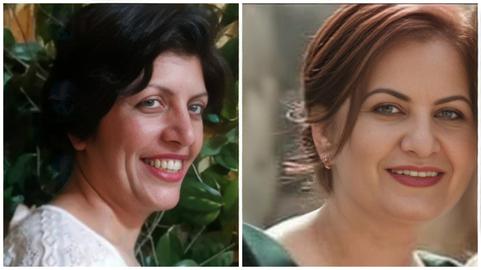

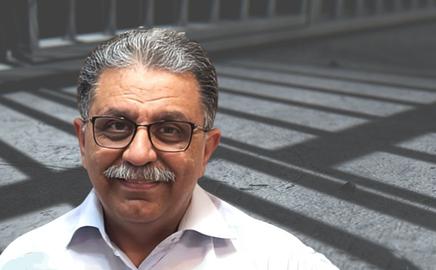
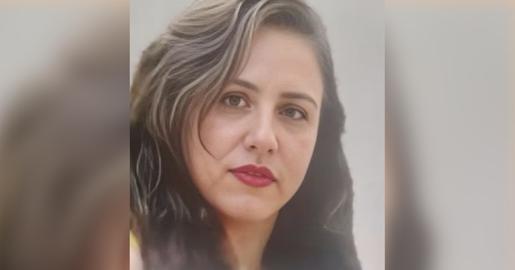
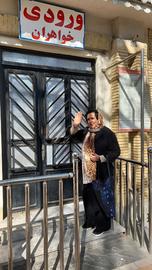
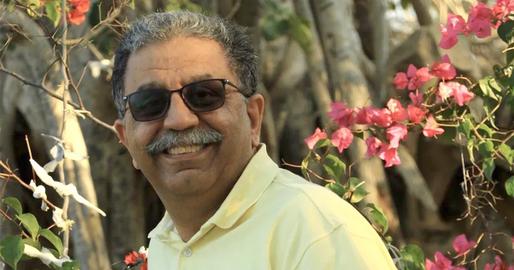



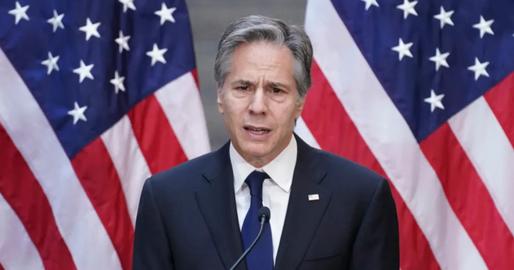
comments